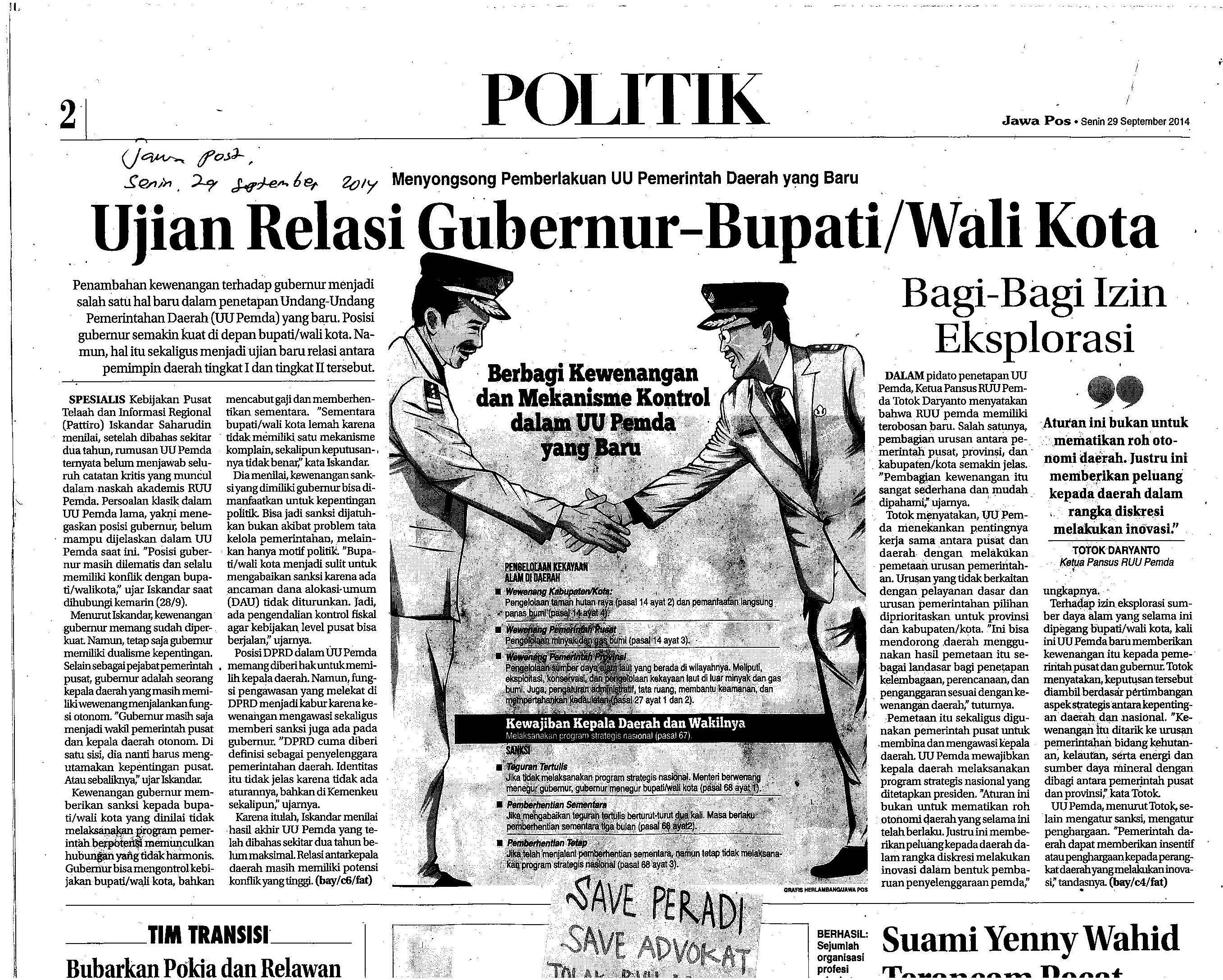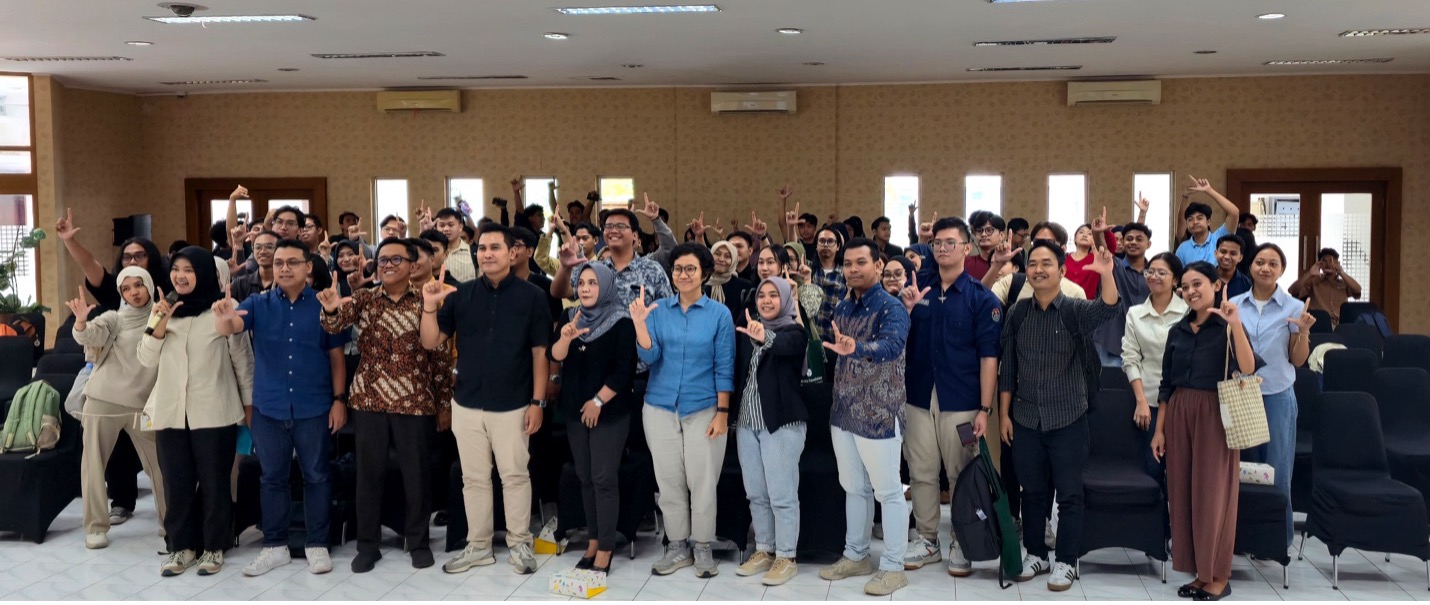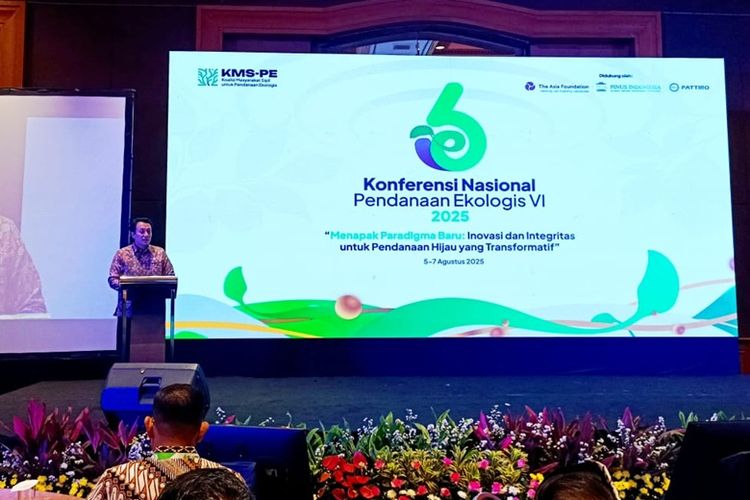“The addition of authority to governors is one of the novelties in the stipulation of the new Regional Government Law (UU Pemda). The position of the governor is getting stronger in front of the regent/mayor. However, this also serves as a new test of the relationship between the level I and level II regional leaders”
Central Policy Specialist Regional Research and Information (PATTIRO) Iskandar Saharudin assess that, after being discussed for about two years, the formulation of the Regional Government Law has not yet answered all the critical notes that appeared in the academic text of the Pemda Bill. The classic problem in the old local government law, namely confirming the governor’s position, has not been able to be explained in the current local government law. “The position of the governor is still in a dilemma and always has a conflict with the regent/mayor,” said Iskandar when contacted yesterday (28/9).
According to Iskandar, the authority of the governor has indeed been strengthened. However, the governor still has dual interests. Apart from being a central government official, the governor is a regional head who still has the authority to carry out autonomous functions. “The governor is still the representative of the central government and head of the autonomous region. On the one hand, he will have to prioritize the interests of the center. Or vice versa, said Iskandar.
The governor’s authority to impose sanctions on regents/mayors who are judged not to implement government programs has the potential to create disharmonious relations. Governors can control the policies of regents/mayors, even revoke salaries and temporarily dismiss them. “Meanwhile, regents/mayors are weak because they don’t have a complaint mechanism, even if the decision is not correct,” said Iskandar.
In his opinion, the governor’s sanction powers can be used for political purposes. It could be that the sanction imposed is not due to governance problems, but only political motives. “Regents/mayors have found it difficult to ignore sanctions because there is a threat that the general allocation fund (DAU) will not be reduced. So, there is fiscal control so that central level policies can run,” he said.
The DPRD’s position in the Local Government Law is indeed given the right to elect regional heads. However, the supervisory function inherent in the DPRD is blurred because the authority to both supervise and impose sanctions also lies with the governor. “DPRD is only defined as the administrator of regional government. That identity is unclear because there are no rules, not even at the Ministry of Finance,” he said.
For this reason, Iskandar assesses that the final result of the Regional Government Law which has been discussed for about two years has not been maximized. Relations between heads of regions still have a high potential for conflict.





